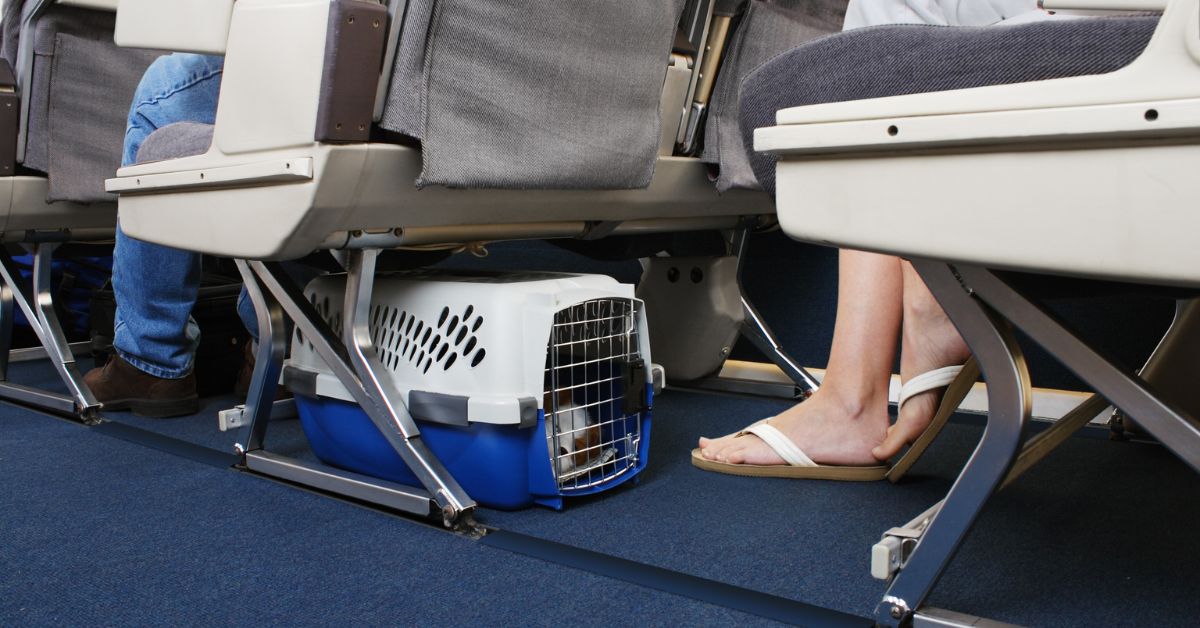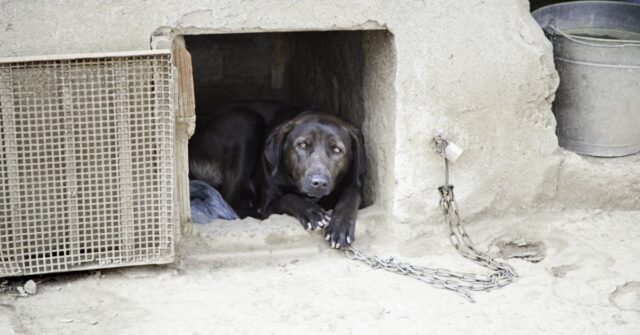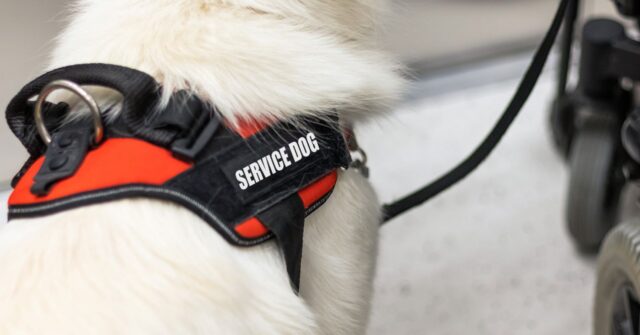Importing a dog into Australia involves a series of detailed steps to comply with the country’s stringent biosecurity regulations.
This guide will walk you through the entire process to help you navigate each requirement successfully.
Introduction
Bringing your furry friend to Australia can be a complex process, but with the right information, it becomes manageable.
This guide covers all the necessary steps, from eligibility criteria to quarantine requirements, ensuring a smooth transition for you and your pet.
Understanding the Process of Importing a Dog into Australia
Australia has strict biosecurity laws to prevent the introduction of diseases. Therefore, importing a dog involves thorough preparation, including health checks, vaccinations, and official permits.
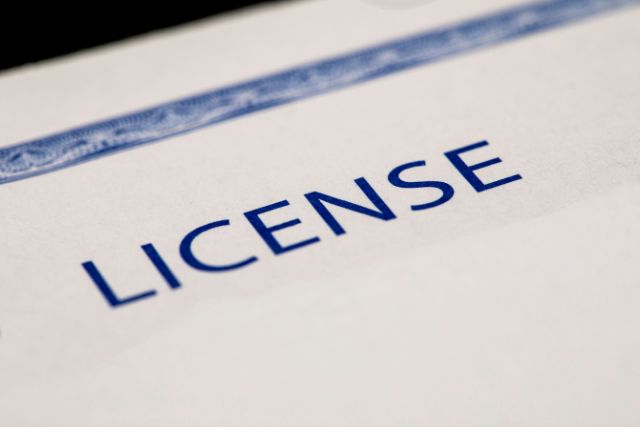
Eligibility Criteria for Importing Dogs
Before starting the importation process, it’s essential to determine if your dog meets Australia’s eligibility criteria. This section outlines the approved countries and breed restrictions.
Approved Countries for Dog Importation
Australia classifies countries into groups based on their rabies status. Dogs can be imported from Group 2 (rabies-free) and Group 3 (rabies-controlled) countries.
The list includes nations such as the UK, USA, Japan, and many European countries.
Banned Breeds and Restrictions
Certain dog breeds are banned from importation due to safety concerns. These include the Pit Bull Terrier, Japanese Tosa, Dogo Argentino, and others.
Additionally, dogs must be at least five generations removed from any non-domestic breeds.
Step-by-Step Guide to Importing a Dog
This comprehensive guide provides a step-by-step approach to ensure you meet all requirements for legally importing your dog into Australia.
Step 1: Microchipping Your Dog
Your dog must be microchipped with an ISO 11784/11785 compliant chip before any vaccinations or blood tests. The microchip number must be recorded accurately in all documentation.
Step 2: Vaccinations and Health Checks
Ensuring your dog has the necessary vaccinations and health checks is crucial for importation. This step includes details on required vaccinations and the RNATT.

Rabies Vaccination and RNATT
Your dog needs a rabies vaccination administered in an approved country. Following this, a Rabies Neutralising Antibody Titre Test (RNATT) must be conducted.
The test is valid for 12 months, and there is a mandatory 180-day waiting period post-sample collection before entry.
Canine Influenza Virus (CIV) Vaccination
Depending on the country of origin, your dog might require a canine influenza virus vaccination. This needs to be administered between 12 months and 14 days before travel.
Leishmania infantum Test
This test must be conducted within 45 days of travel, ensuring the dog is free from Leishmaniosis. The microchip should be scanned before the blood sample is taken.
Brucella canis Test
Non-desexed dogs must be tested for Brucella canis within 45 days of travel. This test ensures your dog is free from this bacterial infection.
Leptospira interrogans Test
If not vaccinated for Leptospirosis, dogs must undergo a microscopic agglutination test within 45 days of travel, showing a negative result at a serum dilution of 1:100.
Other Required Vaccinations
Additional vaccinations might be required based on your dog’s origin. Consult your vet for a complete vaccination schedule.
Step 3: Parasite Treatments
Parasite treatments are essential to protect Australia’s biosecurity. This step details the required treatments for internal and external parasites.

Internal Parasite Treatments
Your dog must receive two treatments for internal parasites (nematodes and cestodes) 14 days apart, within 45 days before travel. The second treatment should be given five days before travel.
External Parasite Treatments
Dogs must be treated for external parasites (ticks and fleas) at least 30 days before travel. Continuous treatment is required until the date of export.
Step 4: Blood Tests and Health Certificates
Accurate blood tests and health certificates are critical. This step covers the necessary tests and documentation.
Government-Approved Veterinarian Requirements
All tests and treatments must be conducted by a government-approved veterinarian. Ensure your vet is aware of all the necessary protocols.
Blood Sample Collection and Documentation
Blood samples must be collected according to strict guidelines, with the microchip number recorded on all documentation. Proper labelling and certification are essential for import approval.
Step 5: Obtaining an Import Permit
An import permit is mandatory for most countries. This step explains the application process and associated costs.
Application Process
Submit your import permit application via the BICON website at least 42 days before travel. The application must include all required health certificates and test results.
Cost and Validity of Import Permit
The cost of an import permit is around $360 AUD, valid for 12 months or until the RNATT expires, whichever comes first.
Step 6: Travel Arrangements
Proper travel arrangements ensure your dog’s safety and compliance with regulations. This step covers crate requirements and flight details.

Approved Travel Crates
Your dog must travel in an International Air Transport Association (IATA) approved crate. These crates meet safety standards for air travel.
Direct Flights and Transshipment Rules
Your dog must arrive directly at Melbourne International Airport. If a direct flight is not possible, the dog must remain on the international side of the airport during any layovers in non-approved countries.
Step 7: Booking Quarantine Accommodation
Upon arrival, dogs must stay in quarantine. This step provides details on booking and costs.
Mickleham Post-Entry Quarantine Facility
All dogs must stay at the Mickleham post-entry quarantine facility for at least 10 days. Early booking is recommended due to high demand.
Costs and Duration of Quarantine
The cost of quarantine is approximately $2000 AUD, covering the 10-day stay and necessary care.

Additional Tips and Recommendations
To streamline the process, consider these additional tips and recommendations.
Choosing a Pet Transport Company
Professional pet transport companies can handle the logistics and documentation, making the process smoother for you and your dog.
Preparing Your Dog for Travel
Familiarize your dog with the travel crate and maintain regular vet check-ups to ensure they are in good health before travel.
Documentation Checklist
Keep a checklist of all required documents, including health certificates, test results, and the import permit, to avoid any last-minute issues.
Frequently Asked Questions
This section addresses common questions about the import process.
Can I Import More Than One Dog?
You can import up to two dogs, provided all meet the eligibility criteria and have the necessary documentation.
What If My Dog Fails a Health Test?
If your dog fails a health test, you will need to treat the condition and retest. Consult your vet for the best course of action.
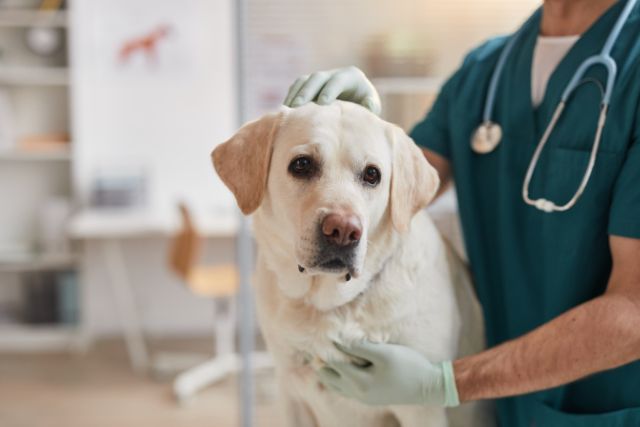
How Long Does the Import Process Take?
The entire process, from initial preparation to quarantine, can take several months. Plan accordingly to avoid delays.
Conclusion
Importing a dog into Australia requires thorough preparation and adherence to regulations.
By following this guide, you can ensure a smooth and successful process for bringing your beloved pet into the country.
Summary of Key Points
This guide covered eligibility, health checks, parasite treatments, travel arrangements, and quarantine requirements for importing a dog into Australia.
Resources and Further Reading
For more detailed information, visit the Department of Agriculture and Water Resources website and consult with a government-approved veterinarian.

